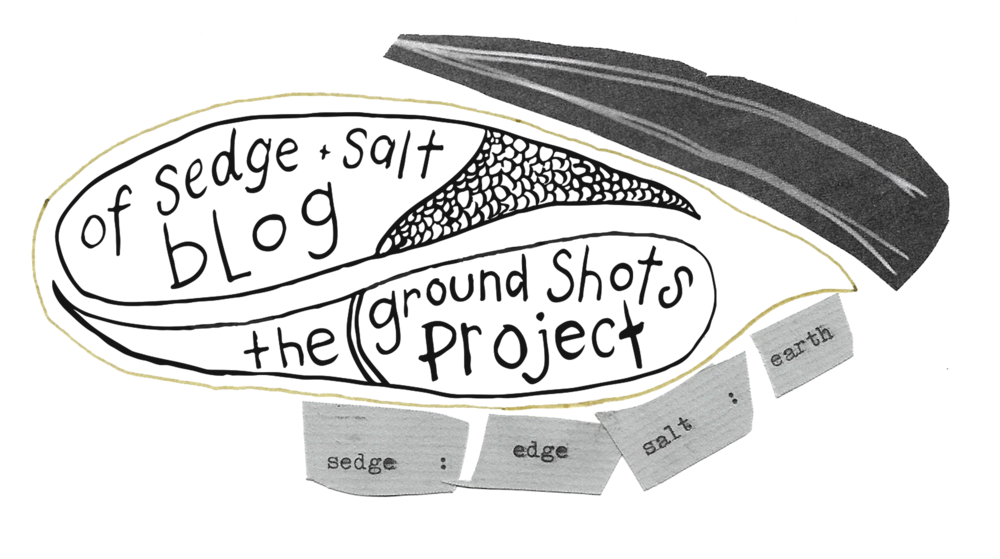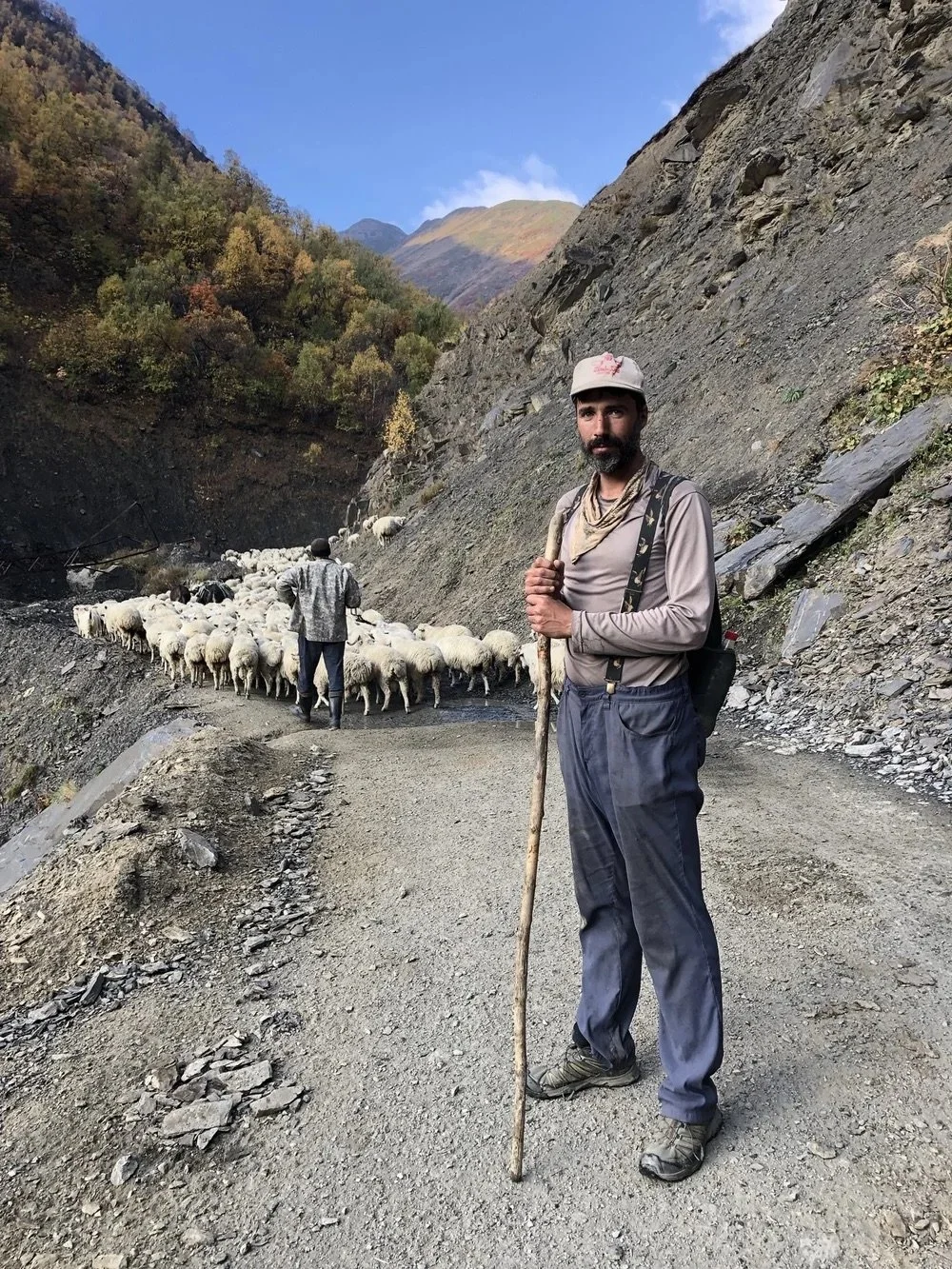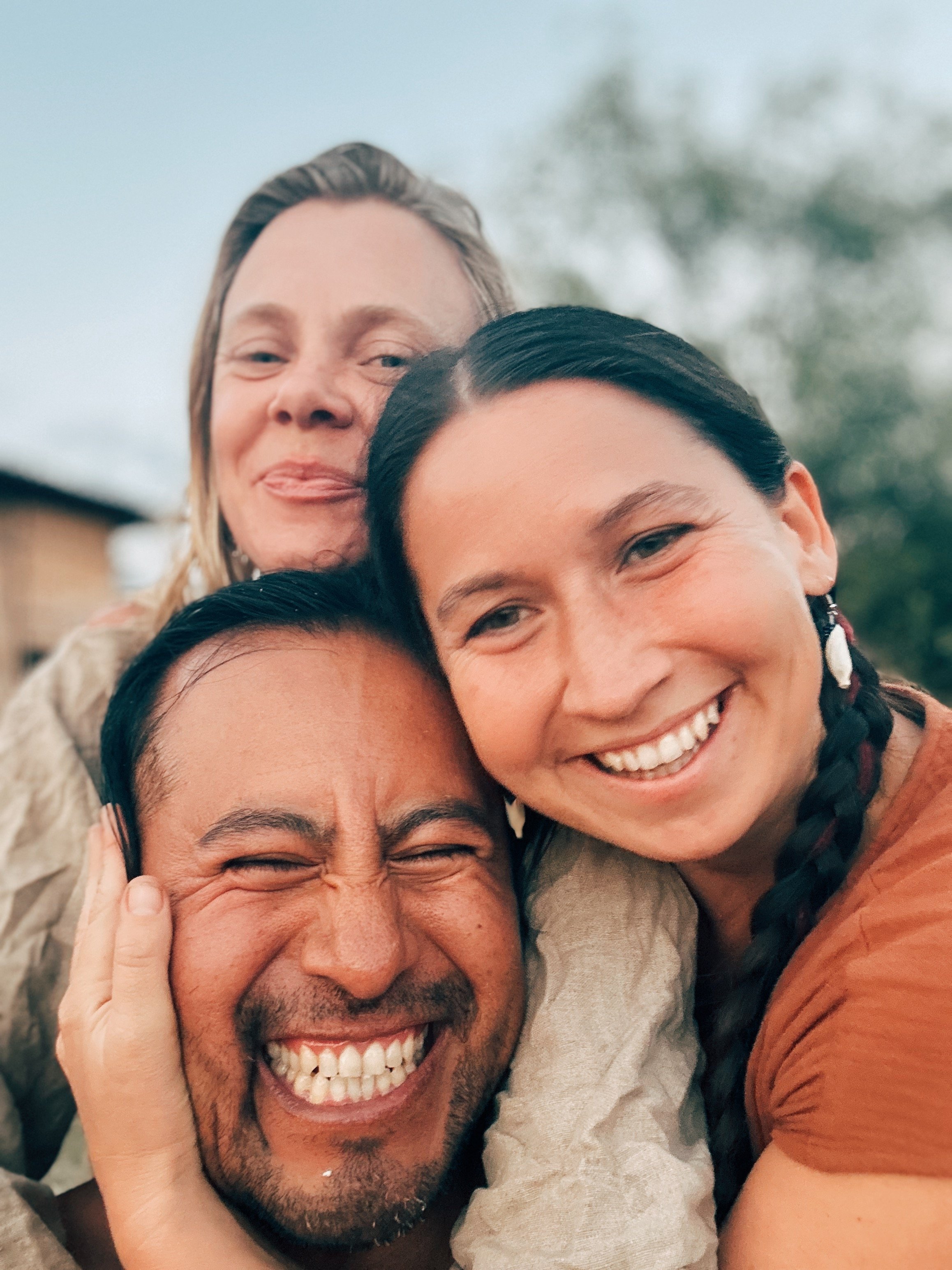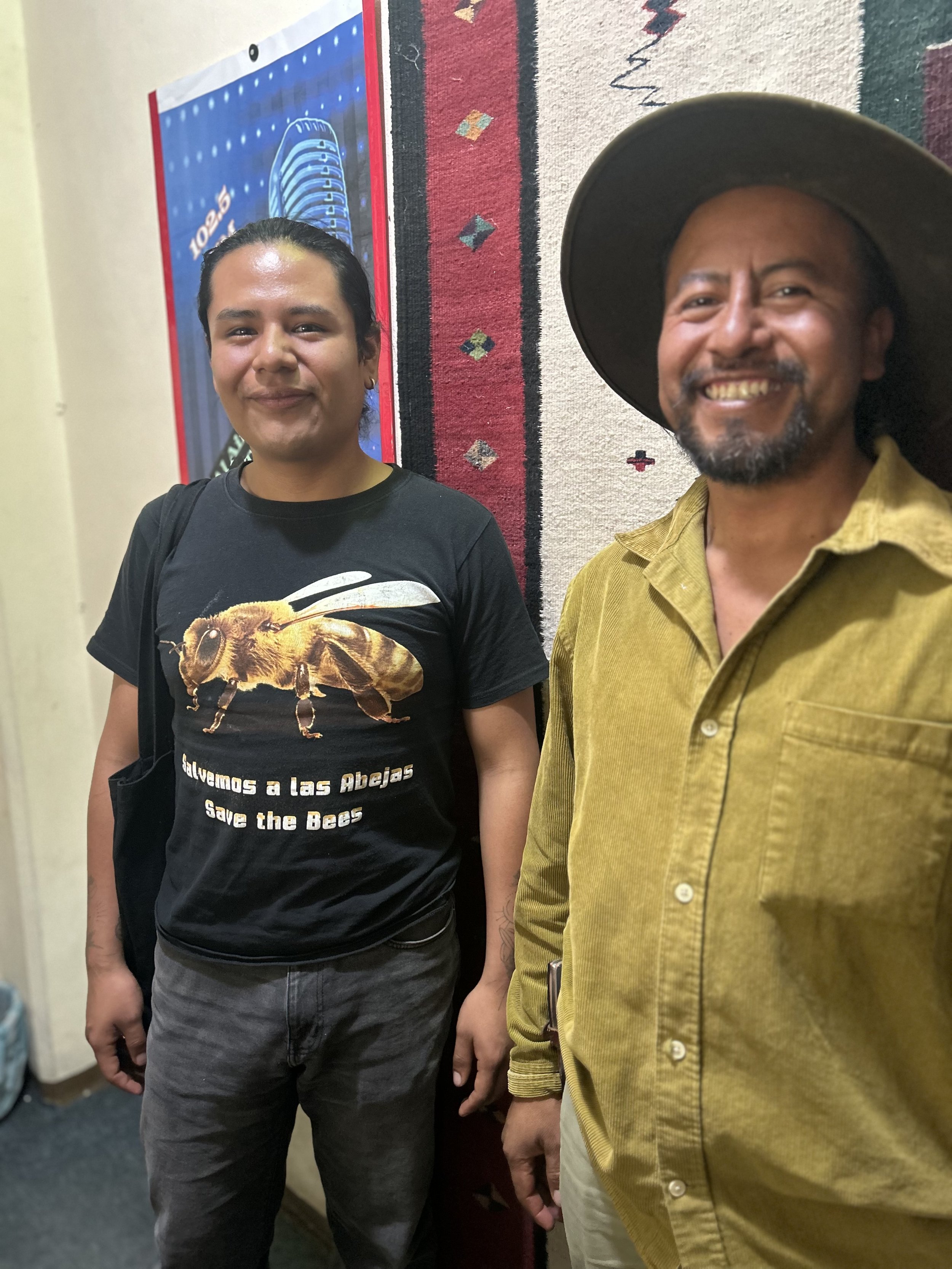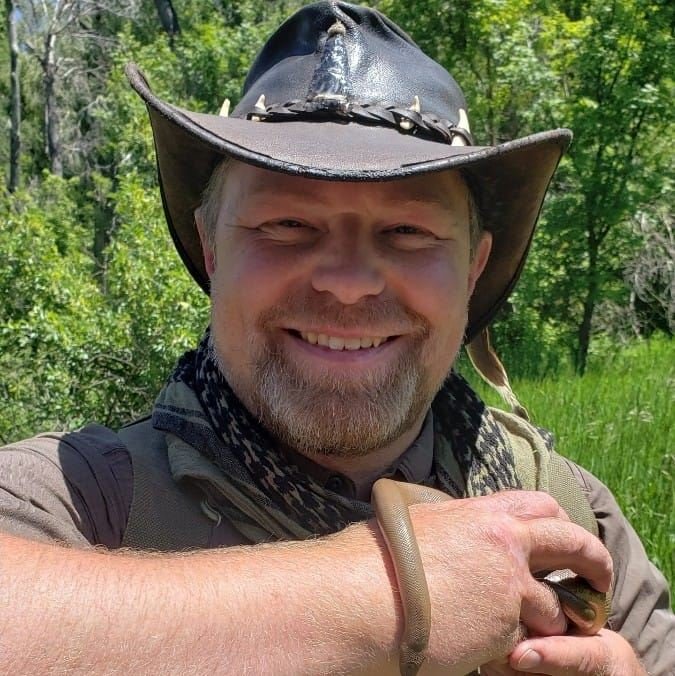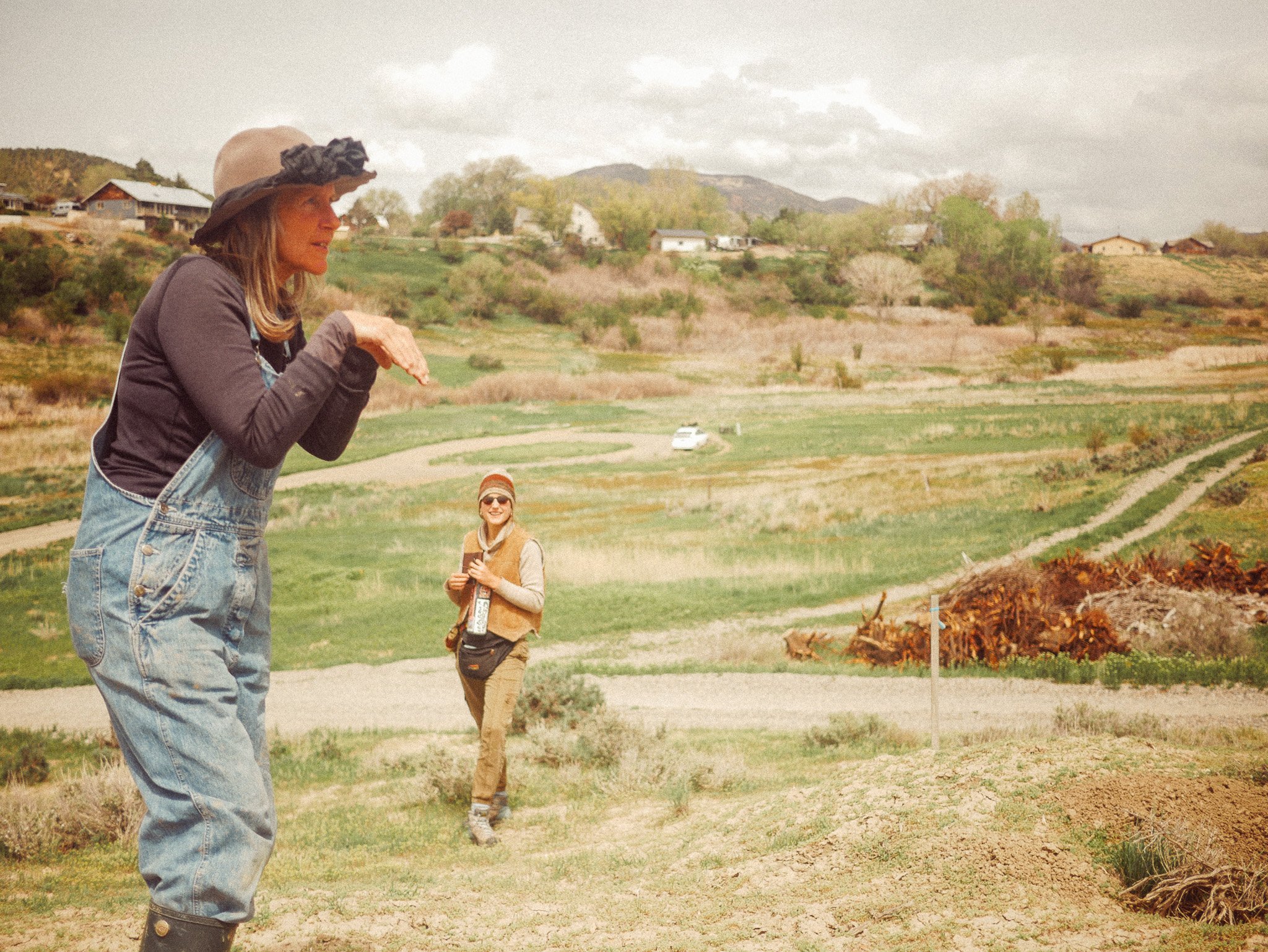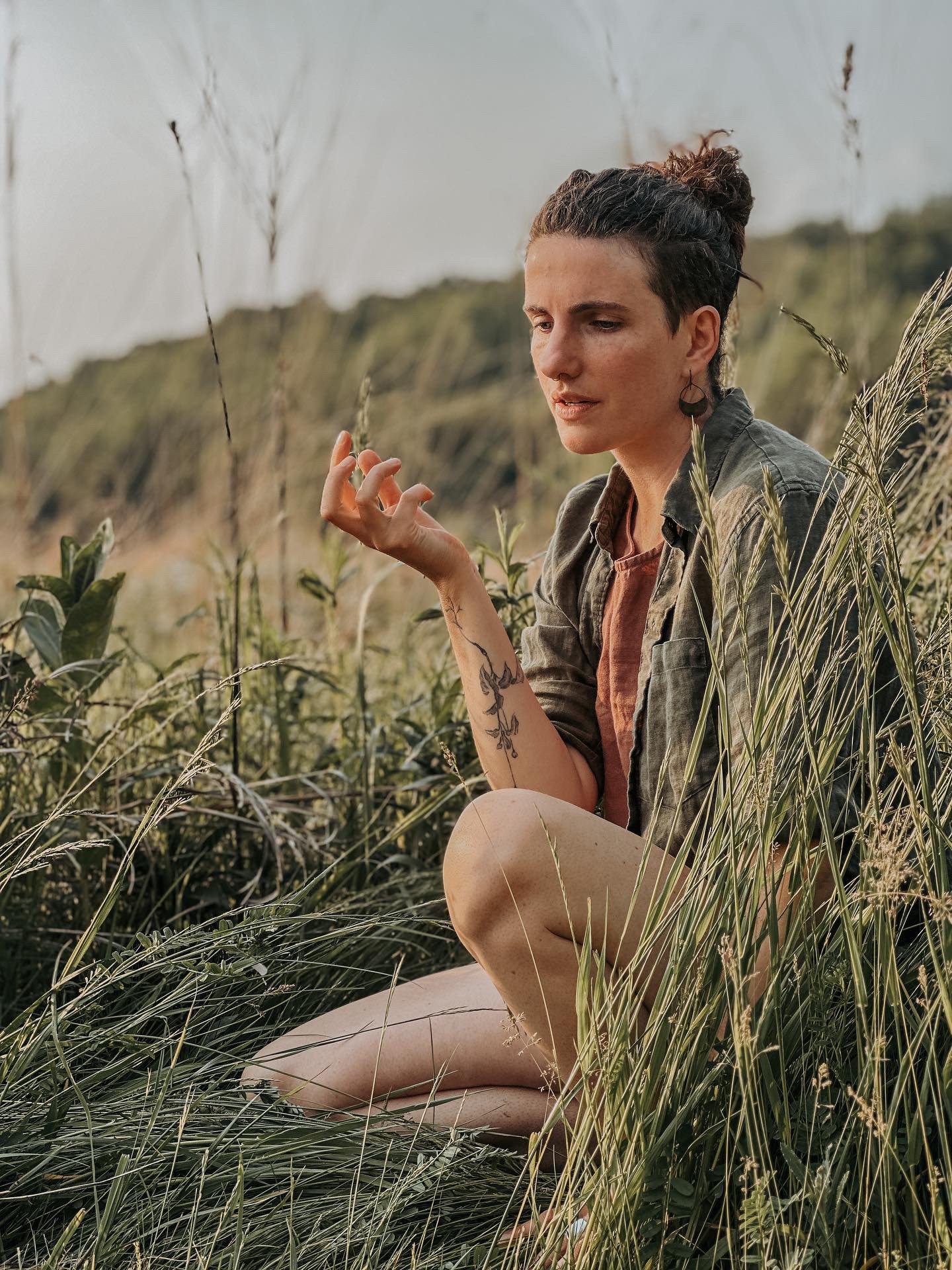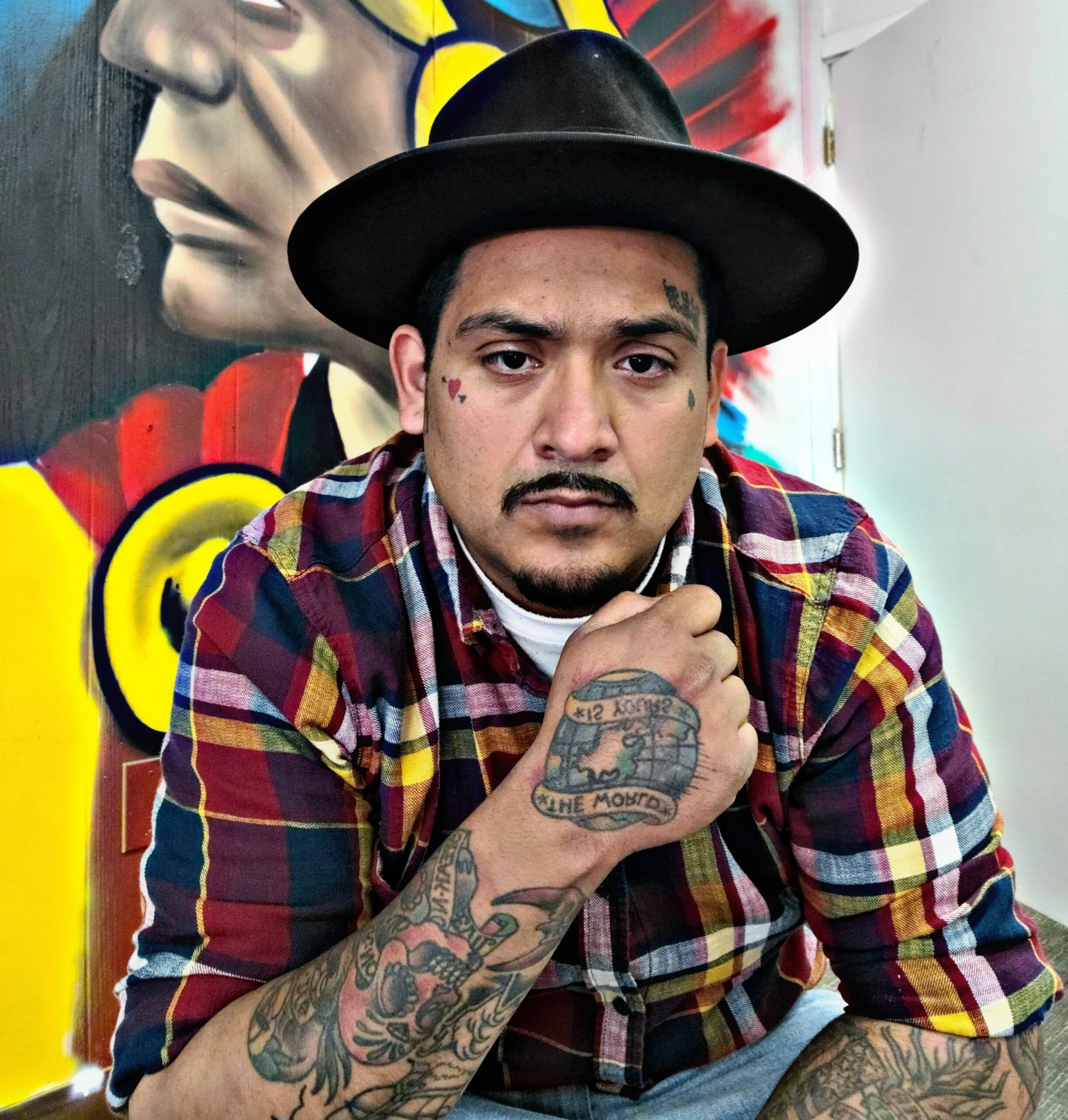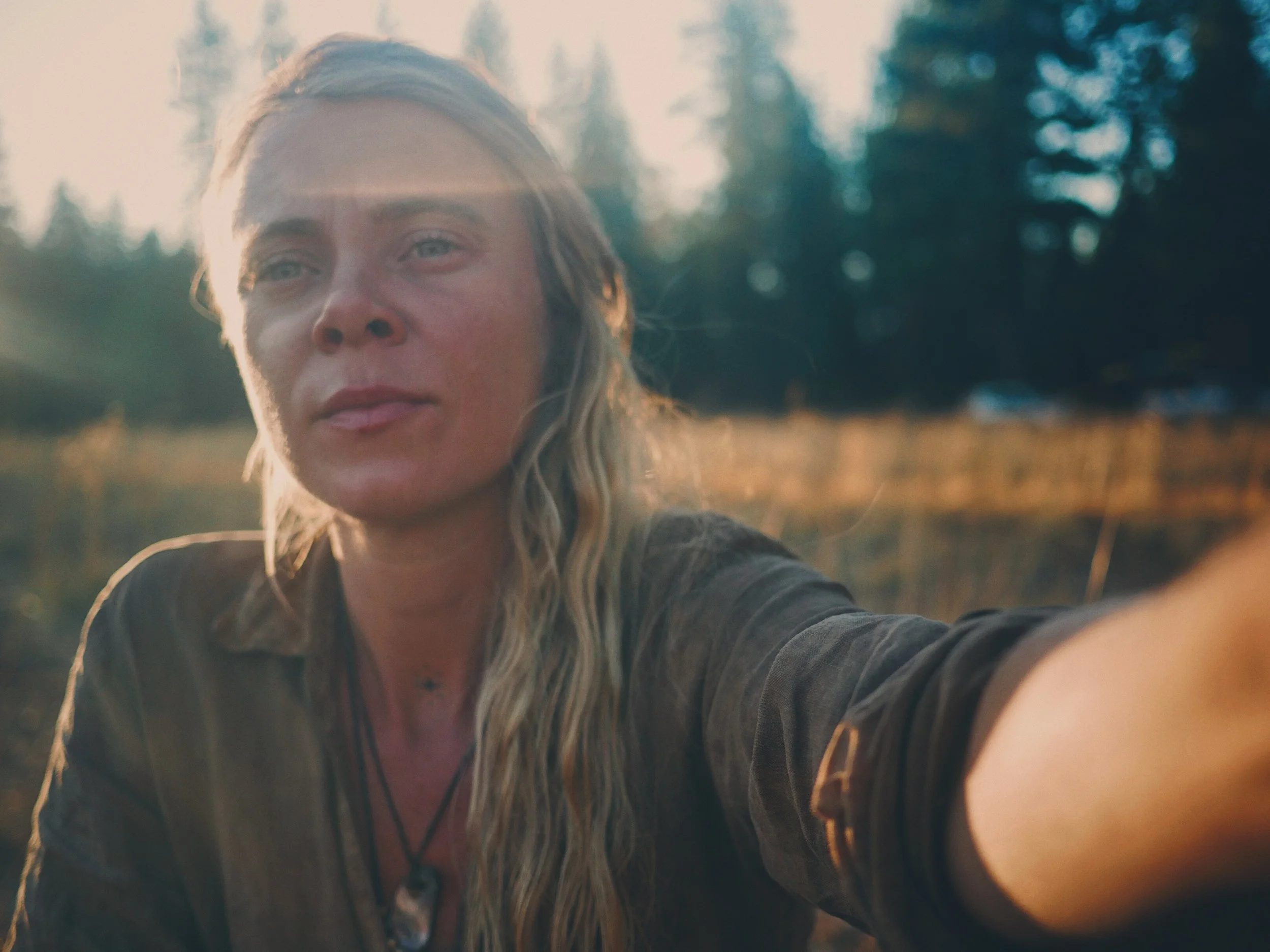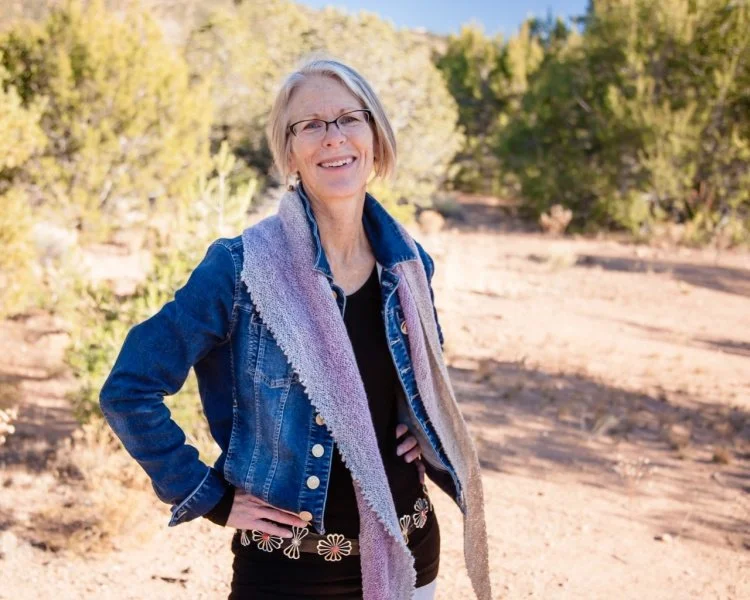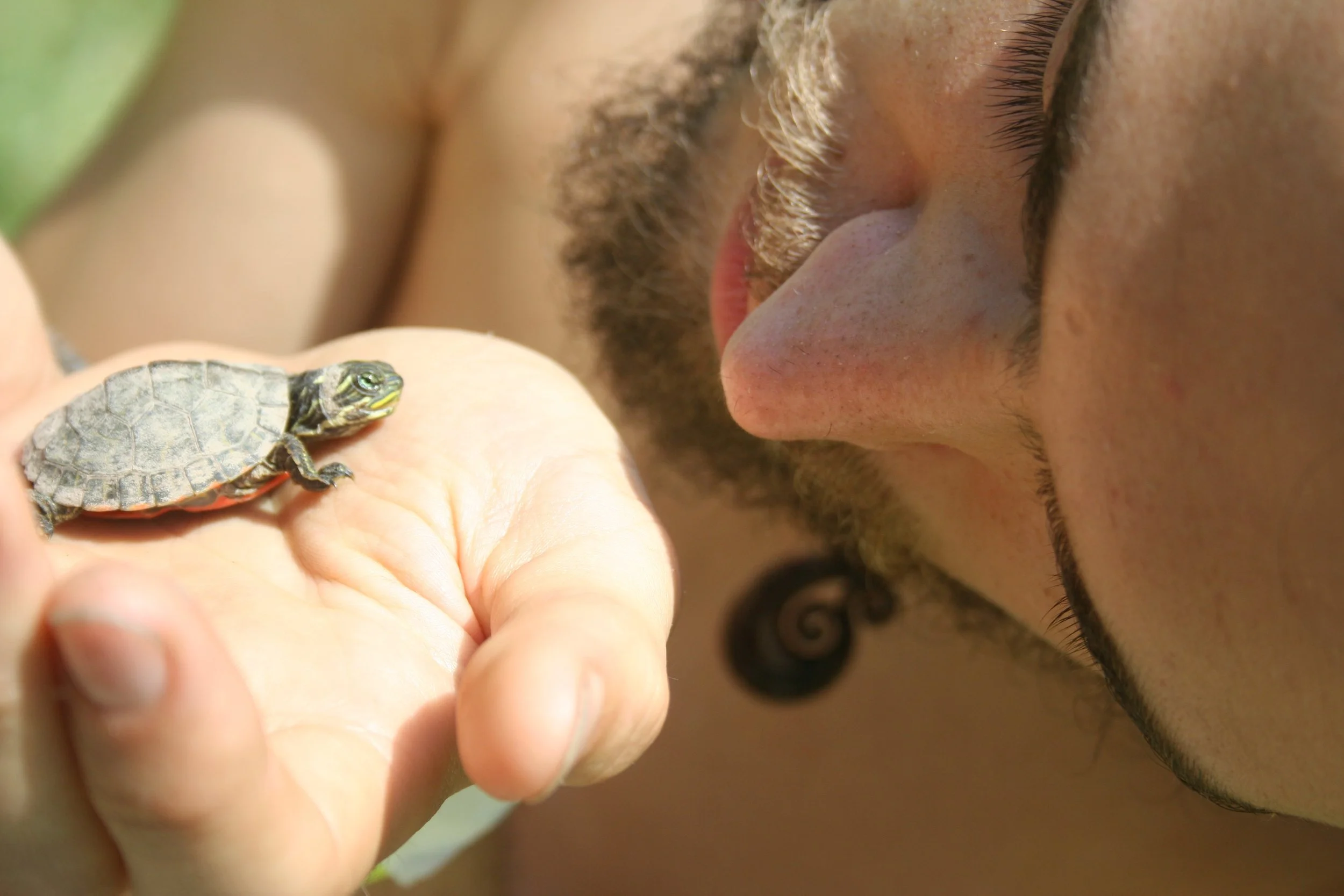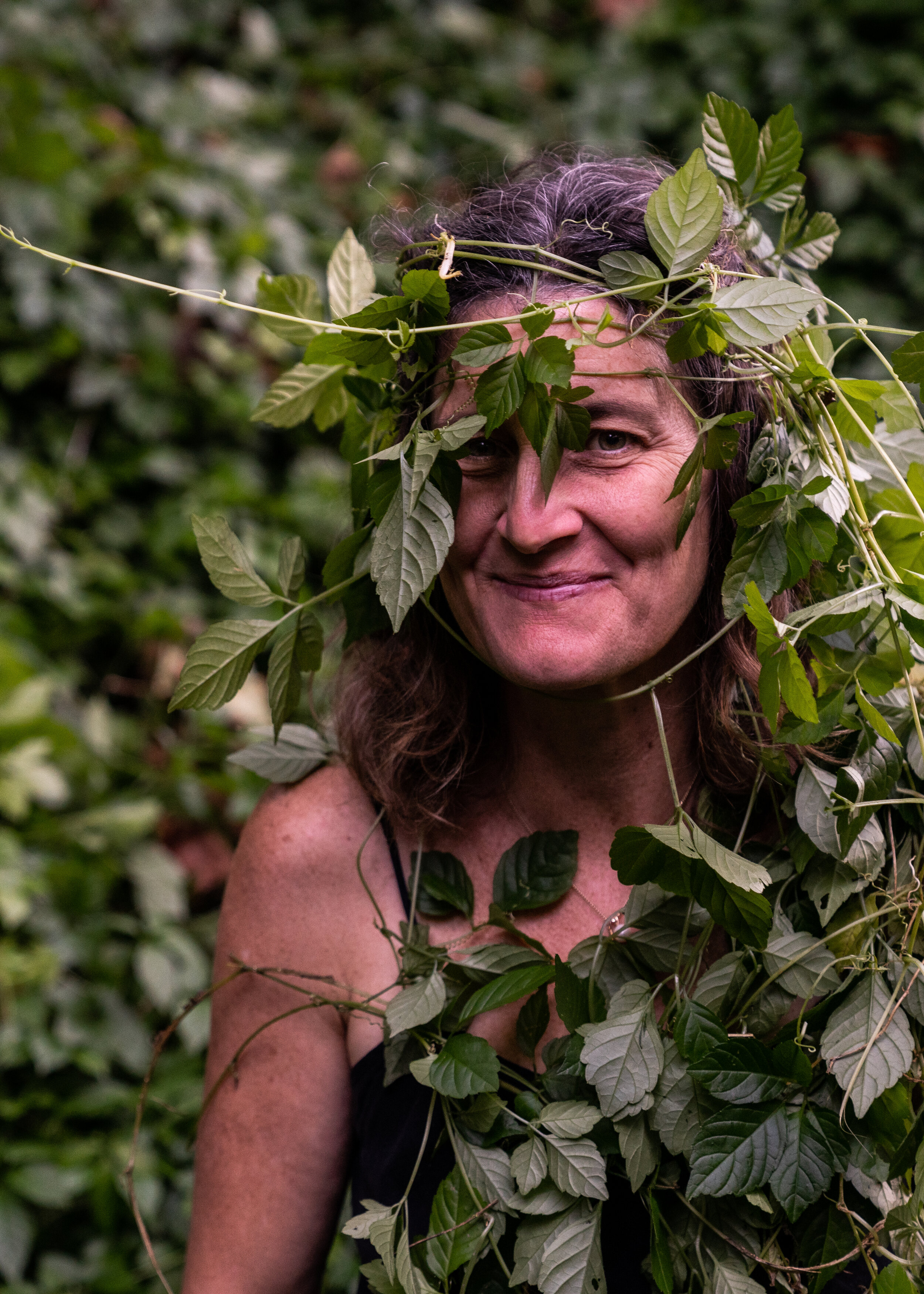Episode 72 of the Ground Shots Podcast is with Lisa Ganora, herbalist and plant chemist, out of Paonia, Colorado.
Lisa and I got together at her Elderberry’s Farm spot, on the edges of Paonia, Colorado’s town limits. On a cloudy day with intermittent rain and snow, we sat in her herb lab, drinking hot tea, to do an interview.
Lisa Ganora began studying traditional Western herbalism in the ‘80s. Later, she lived and wildcrafted in the Appalachians where she studied with folk healers and created herbal products to sell as she traveled the festival circuit with her herb booth. After practicing as a community herbalist for a decade, Lisa returned to college and graduated from UNCA summa cum laude with multiple awards in biology and chemistry. After graduation, she focused on studying pharmacognosy and phytochemistry.
In addition to directing the Colorado School of Clinical Herbalism from 2012-2020 and managing Elderberry’s (a Rocky Mountain herbal education center in Paonia, Colorado), Lisa has also served as Adjunct Professor of Pharmacognosy at the Southwest College of Naturopathic Medicine, and has lectured and taught classes at numerous schools and conferences. She is the author of Herbal Constituents, 2nd Ed., a popular textbook on practical phytochemistry for natural health practitioners, which is used by herbal schools and universities worldwide.
In this conversation with Lisa, we talk about:
what Lisa loves about Paonia, Colorado and the North Fork Valley
some of the story of how Lisa got the herbal center, Elderberry’s
Lisa’s specialty is herbal chemistry, and how she is working to make it understandable and accessible
a bit of info on her online teaching series ‘Make Better Medicine’
a little bit on an upcoming online course she is doing on ‘Herbal Constituents’ which is also the title of her book on the topic
all the new herbal scientific research being done now vs. 10 years ago and how the synergy of whole plant medicine vs. an isolated phytochemical is being recognized more
how the interest in herbalism has taken off in the last decade
what does western herbalism really mean?
some conversation about invasive plants and colonization and using them in food and medicine
our culture encourages us to look at organisms as individual ‘things’ but on a molecular level, you can see how we are all connected
Lisa breaks down how animals, plants, water, air are all molecularly connected
how herbs work in the body is so dependent on the individual and their temperament/constitution
learning in detail how the body works is important for getting the tools to understand how herbs and herbal constituents work
some specific herb talk: Elderberry, Turmeric, Mariju*na, Hawthorn
a break down of how anti-virals work in the body
some talk on plant communication and adaptation in relation to certain herbal constituents - terpenes, flavonoids, etc.
herbal medicine and FDA regulations
organoleptics and smell, somatics and the blood brain barrier
the need for ‘nature’ for good health
mental health is emotional health and it has a heart centered component
how hawthorn helps to strengthen emotional boundaries and comfort with self
western reductionist views on the body, like separating emotional, spiritual, physical from one another.
Links:
Lisa’s website for Elderberry’s Educational Center
Invasive Plant Medicine book by Timothy Lee Scott
Katrina Blair and the Wisdom of Weeds, who we mention on the podcast out of Durango, Colorado
William Cook physiomedicist, who we speak about a few times in the episode
Colorado School of Clinical Herbalism
Support the podcast on Patreon
Ground Shots Substack Publication
